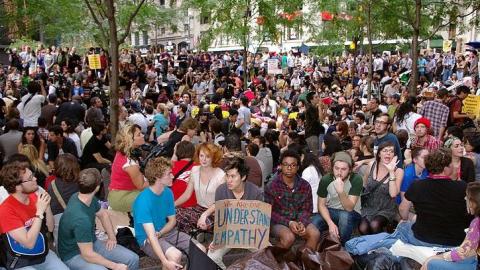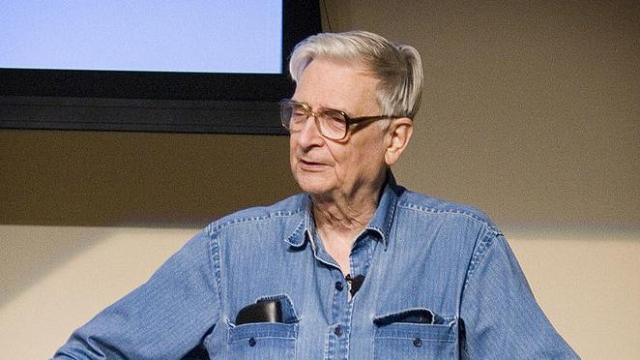Occupy Wall Street & the History of Leaderless Movements

What’s the Latest Development?
The movement to Occupy Wall Street has already become a veritable who’s who of activism with Michael Moore, Jeffrey Sachs and Slavoj Zizek in attendance. Yet a visible leader has yet to emerge from Zuccotti Park in New York City. Rather than select a figure head, OWS “wants to avoid replicating the authoritarian structures of the institutions they are opposing.” During the daily general assembly meetings held in the park, individuals are invited to voice a concern and explain his or her point of view.
What’s the Big Idea?
Ford University sociologist Heather Gautney says that leaderless movements like OWS have been successful at changing the orientation of American society. The feminist and gay rights movements both eschewed formal leadership in favor of a decentralized decision making structure, she says. “The people no longer trust their leaders and are even starting to indict the system itself. They think we can do better. We are all leaders.” Gautney says such a leadership style is messy but that efficiency is not the point. Democracy is.





